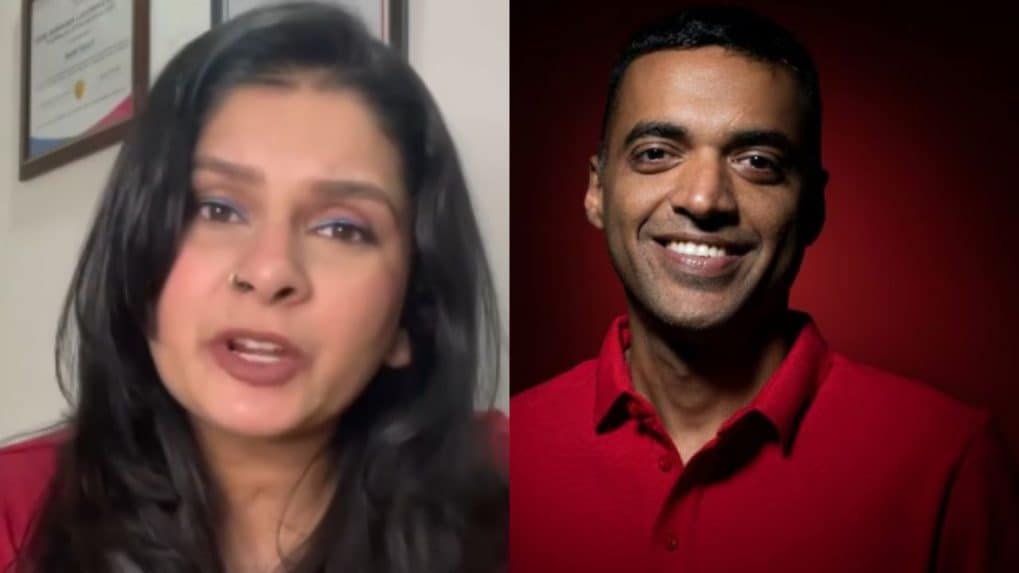“We don’t want pity. We want planning”: Disability rights activist calls out Eternal's District on accessibility gaps
Virali Modi, India’s first wheelchair-using model and a well-known disability rights activist, addressed Deepinder Goyal, Founder – Eternal (Zomato, Blinkit, District, Hyperpure, Feeding India), and the wider live events industry. Her message was direct: disabled concert-goers are being left behind at the very start.
ADVERTISEMENT
As global artist Akon prepares to return to India this November, excitement is already building. Tickets are expected to go live even before the venue details are revealed. But for many fans with disabilities, that excitement is clouded by a familiar frustration: the lack of basic accessibility information that often shuts them out before the show even begins.
Virali Modi, India’s first wheelchair-using model and a well-known disability rights activist, addressed Deepinder Goyal, Founder – Eternal (Zomato, Blinkit, District, Hyperpure, Feeding India), and the wider live events industry. Her message was direct: disabled concert-goers are being left behind at the very start.
“People with disabilities can’t afford to wait and see,” Modi wrote. “If accessibility isn’t confirmed before ticket sales, we’re already excluded.”
She explained that by the time accessibility details are made public, tickets are either sold out, more expensive, or limited to sections that are physically unreachable for wheelchair users. Modi urged organisers to add an accessibility icon or mention at the time of ticket release, just like they do with “18+ only.”
“We don’t want pity. We want planning,” she said. “We don’t need special treatment. We need equal access at the same time.”
Modi also pointed out the deeper sting: tickets are often blocked in advance for influencers and brand partners, while disabled fans are left to navigate uncertainty.
“It’s not just unfair. It’s illegal,” she added, referencing India’s Rights of Persons with Disabilities Act, which mandates equal access to public spaces and events.
Her post sparked a wider conversation. District, the events partner behind the concert, responded with a comment reaffirming their commitment to inclusive experiences.
“Accessibility isn’t an afterthought—it’s something we take seriously and strive to prioritize in every event we support,” the District team said. They added that the venue will be wheelchair accessible, and while that information is currently in the FAQs, they’ve taken Modi’s feedback to make it more visible going forward.
Modi acknowledged their response but pointed out a key flaw. “Instead of hiding the accessibility information in the FAQs, it would be more efficient if there was a ♿️ symbol on the main page,” she wrote. “Hiding the accessibility information makes it inaccessible and that’s a paradox of its own.”
Adding to the conversation, Vivek Panchal, an experiential design consultant with over a decade of experience in concert planning, offered a sobering reality check.
“Despite repeated suggestions and efforts from professionals like me to ensure proper accessibility and human comfort standards, the truth is these aspects are often sidelined,” he said. “What usually matters most at the top level is producing a cost-effective production, while the people making those decisions continue to generate significant profits.”
According to Panchal, accessibility and comfort are treated as “extras” rather than essentials, a mindset that won’t change unless decision-makers shift their priorities.
Modi, who also leads the #MyTrainToo campaign for railway accessibility, has long advocated that access should not be a privilege or a checklist item. It must be part of the design and communication from the outset.
“Because access isn’t a luxury,” she concluded. “It’s a right.”

